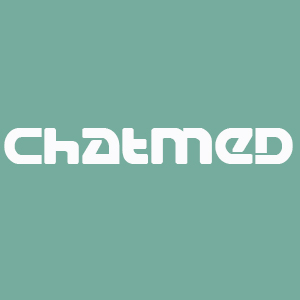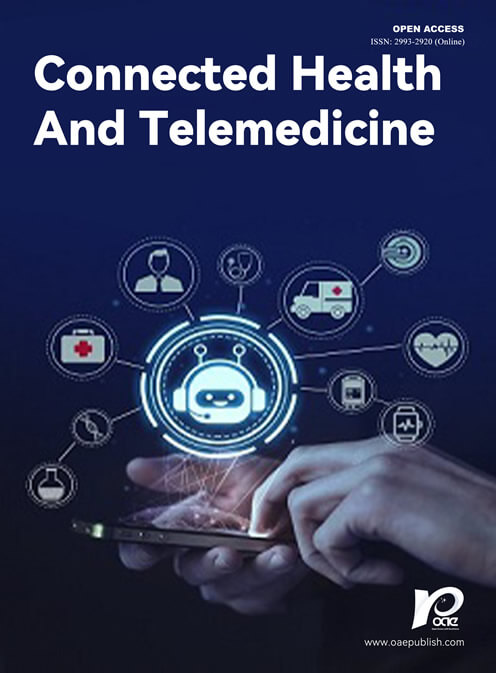CHATmed, renamed from Connected Health (ISSN: 2831-6320 (Online),https://www.oaepublish.com/chatmed), aims to present the available evidence from research on digital health, AI-GPT in health and eMedicine, including both technologies and clinical applications.
CHATmed covers a broad range of research topics that use wearable and flexible sensing, AI, communication and information technologies to acquire, store, transmit, analyze, retrieve, and share (ASTARS) health-related information for the early detection, prediction, prevention, diagnosis, treatment, monitoring and rehabilitation of major diseases. Connected health is a promising tool for improving access to care and empowering patients, influencing their attitudes and behaviors, and improving the quality of delivered care and patient's health status. Digital health, particularly AI including GPT in Health, mHealth and telehealth, has shown great effectiveness in managing hypertension, heart failure, acute myocardial infarction, stroke, chronic kidney disease, diabetes, chronic lung disease, cancer, Alzheimer's disease, dementia, fetal care, mental illness and infectious diseases. Telemedicine refers to the use of technology to practice medicine or deliver clinical services at a distance, which include but are not limited to tele-consultations, telediagnosis, telemonitoring, telecardiology, teleradiology, teleultrasound, telepathology, telesurgery, tele-drug delivery etc.
The selected technical research topics of the journal include: wearable and flexible sensors, teleradiology, tele-robotic surgery, smart hospital at home, point-of-care technology, biomedical and molecular testing technologies at home, virtual reality, artificial intelligence, deep learning, machine learning, and AI-assisted diagnostic systems, especially emerging topics such as ChatGPT/GPT/AGI in health and medicine.
Clinical and well-being aspects: Feasibility and usability studies, clinical trial reports, multi-center trials, efficacy studies (including the long-term effect, medication adherence, etc.), AI doctors, applications in elderly home and well-being studies, connected health and telemedicine for parental and fetal care, etc.
Economic studies: Cost-effectiveness of digital solutions, and social-technical models.
Policy: Regulatory issues, health policies, ethics, privacy, and legal issues.
Personalized and precision medicine: Integrating molecular information, medical images, and wearable health data with AI for precise prediction, prevention, diagnosis and treatment of diseases, individualized management of patients, moving disease management to a personalized patient centered model of care.
Telepharmacy: Remote close-loop drug delivery, medication dispensation, pharmacovigilance, and monitoring of medication adherence.





